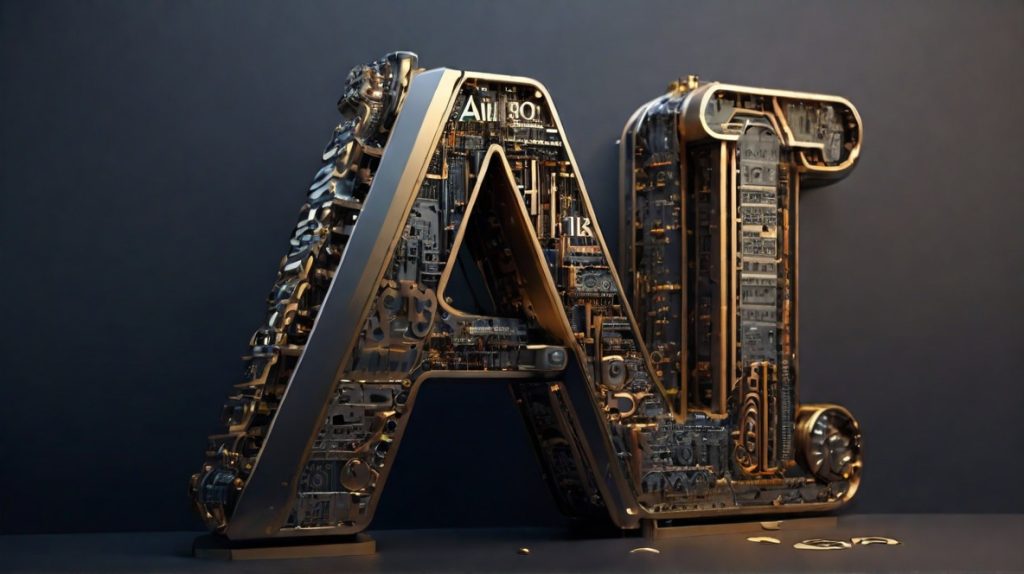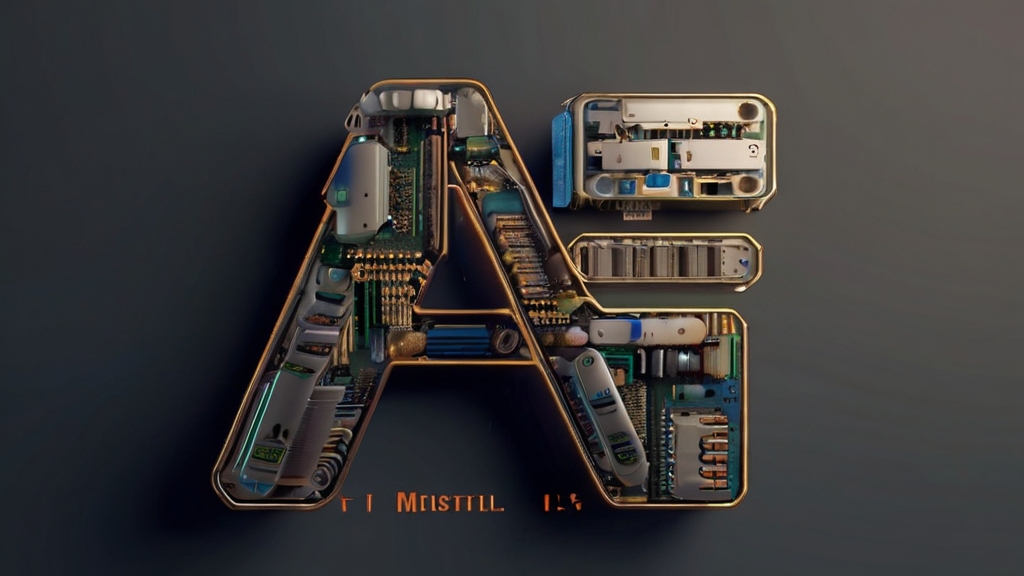By Rashid Ahmed–
As a non-native English speaker, the act of writing has always been a daunting task for me. While I’ve harbored a deep desire to express myself through the written word, covering various topics and sharing my perspectives, an internal editor constantly overpowered my creative writer-self. This internal critic would scrutinize every sentence, every word choice, leaving me paralyzed and unable to put pen to paper (or fingers to keyboard).
However, the advent of AI-assisted writing tools has been nothing short of transformative for someone like me. These advanced language models have almost single-handedly helped me overcome the self-doubt and perfectionism that had previously stifled my writing aspirations.
One of the most significant advantages of AI writing assistants is their ability to provide a steady stream of ideas and concepts. No longer do I find myself staring at a blank page, grappling with writer’s block. Instead, I can engage in a dialogue with the AI, posing questions, describing scenarios, and receiving a wealth of relevant suggestions in return. This ideation process is invaluable, as it kickstarts my thought process and allows me to explore different angles and perspectives that I may not have considered on my own.

Furthermore, AI writing assistants excel at understanding context and offering appropriate phrasing and structuring suggestions. As a non-native speaker, I often struggle with nuances of the English language, stumbling over idioms, colloquialisms, and more complex grammatical constructions. The AI, however, can analyze my writing and provide recommendations for improving clarity, flow, and overall readability. It’s like having a knowledgeable editor by my side, offering gentle guidance without the harsh criticism that so often stifled my writing in the past.
Of course, AI-assisted writing is not without its limitations. These tools are not meant to replace human creativity and critical thinking but rather to augment and support the writing process. Ultimately, the final product remains a reflection of my own thoughts, opinions, and experiences, with the AI serving as a helpful collaborator.

In conclusion, AI-assisted writing has been a game-changer for this non-writer. It has empowered me to overcome self-doubt, unlocked a wealth of ideas, and provided me with a supportive editor, all while preserving my authentic voice and perspectives. For anyone who has struggled with the writing process, I highly recommend exploring the world of AI writing assistants – they just might help you find your voice, too.
Copyright©dhaka.ai
tags: Artificial Intelligence, Ai, Dhaka Ai, Ai In Bangladesh, Ai In Dhaka, OpenAI, ChatGPT, Meta, Google, Claude, Future of AI, Dhaka



